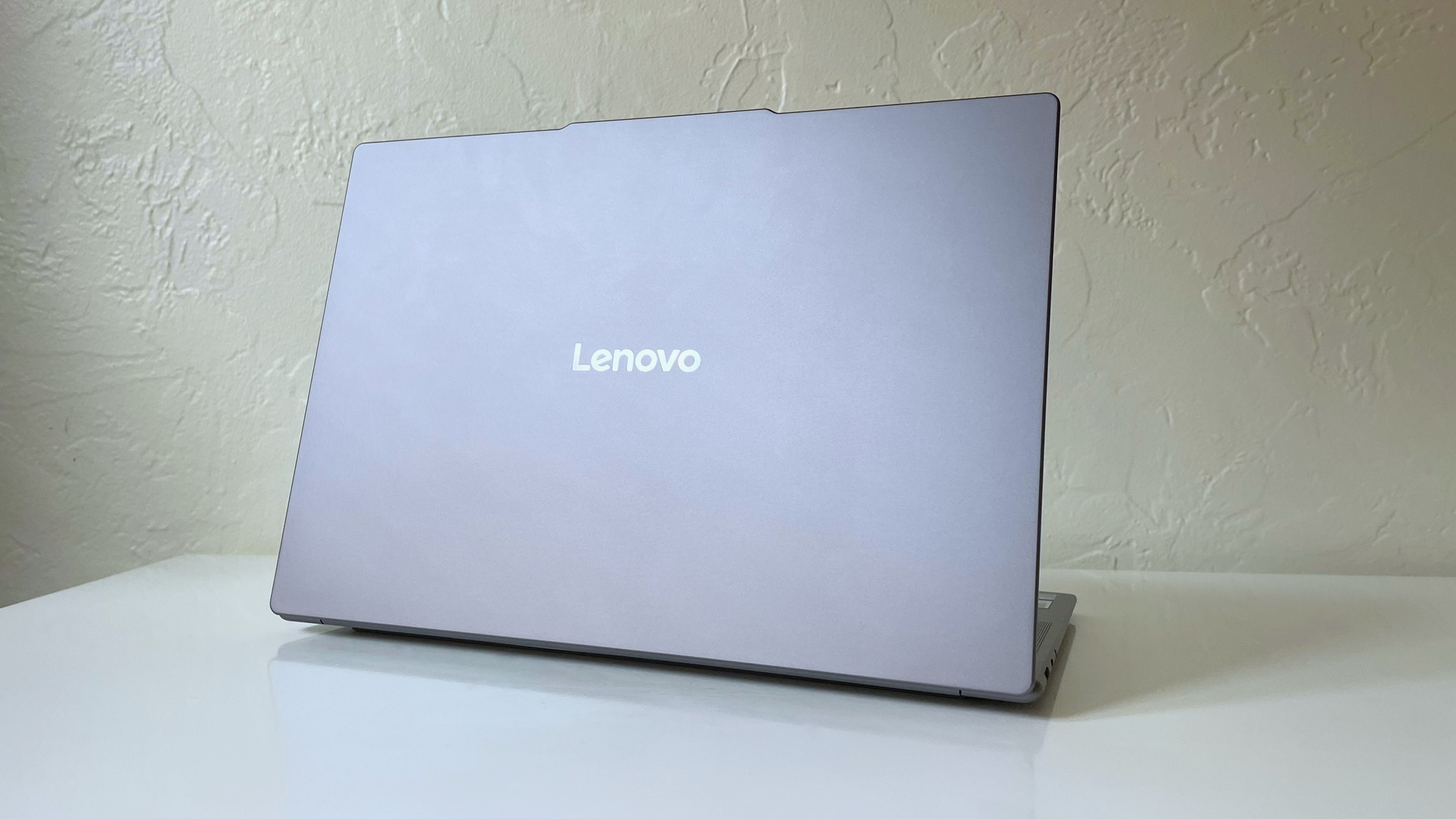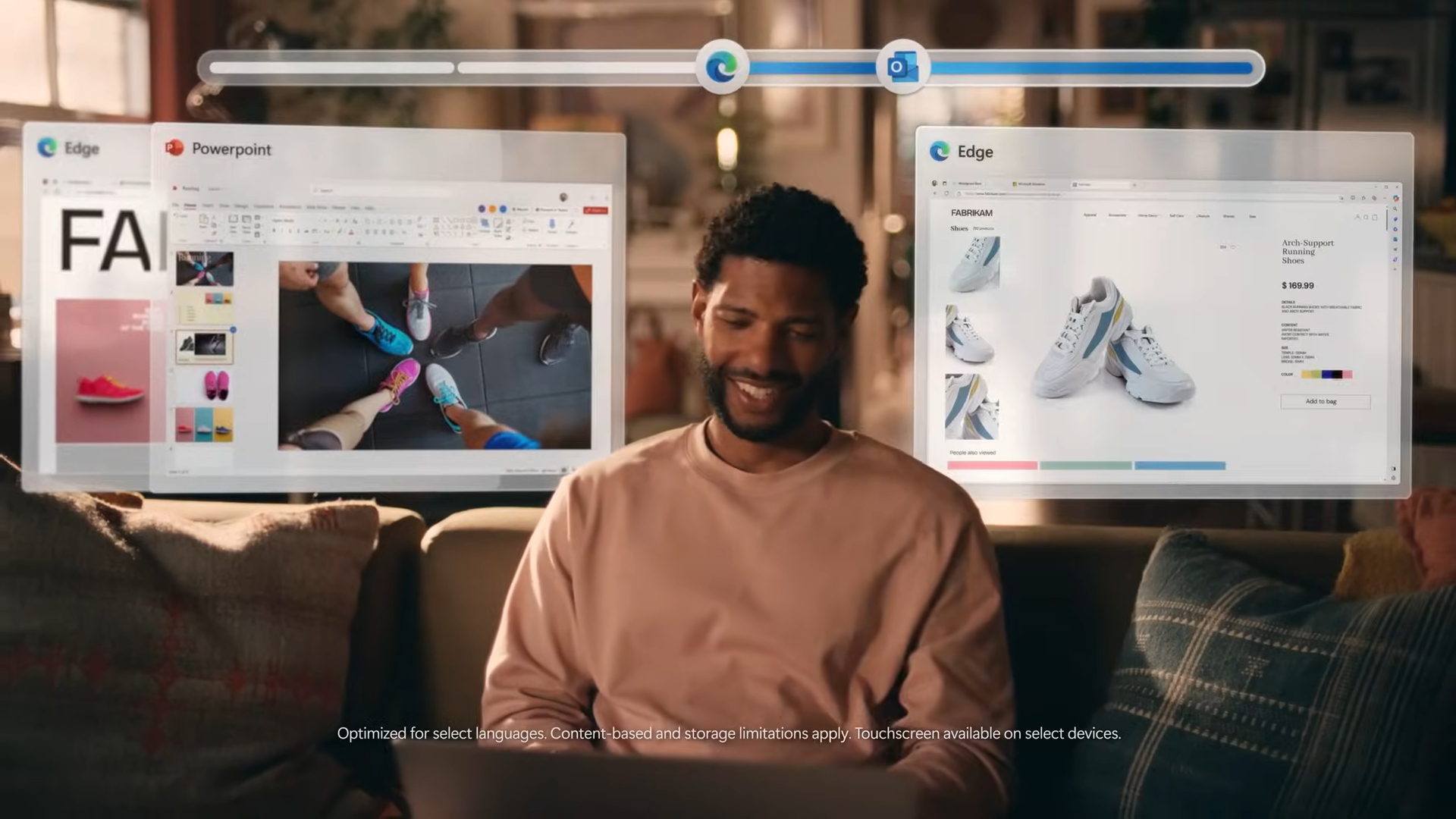
In Lenovo's earning report published Friday, the company tipped AI as the catalyst for continued success in the future.
According to Lenovo, "The PC market is expected to steadily recover and enter a new refresh cycle driven by AI PCs, gradually growing to represent 80% of the PC industry landscape by 2027." Previously, company projections, including those from Intel (via ASM International), were estimating AI PCs would represent 80% of the PC market by 2028.
With Lenovo's estimate moving up previous projections by an entire year, it's clear that people are buying AI PCs. Whether that's because AI is what's hot right now or because people are actually finding value in the state of AI PCs, we can't be sure — but their future success will likely depend on a few things.
What does the future of AI PCs need to look like?
Regardless of whether you intend to use AI-powered features on your PC or not, you have AI to thank for base laptop RAM increasing. AI workloads are generally more demanding, and we're starting to see more laptops start with 16GB of RAM instead of 8GB. To qualify as a Copilot+ PC, a laptop needs a minimum of 16GB of RAM.
AI PCs are generally better PCs than non-AI models. They're more powerful, more battery-efficient, and better at multitasking. But in order for people to keep adopting AI PCs for more than just the specs that come with them, there are a few important details companies need to address.

First up, there are a lot of understandable concerns regarding privacy and security when it comes to AI PCs.
Microsoft's Recall feature made waves when it got out that activity data was being saved as plain text files, and was therefore very vulnerable to hacking and data theft, something we predicted when first hearing about the feature.
Without more powerful hardware to carry out AI tasks locally instead of via cloud-processing, privacy and security concerns will likely stick around. If you can't use your AI PC to help you organize sensitive info, like your taxes, or you otherwise have to be wary of how you're using your PC, that's not really a selling point.
It's great when you can ask Copilot a simple question and get a quick answer, but how much time does it save you really, when compared to the time it takes you to Google the same query?
I think the pivot AI PCs need to reach that "80% of the PC market" goal is toward true usefulness. Laptop Mag wrote on how AI is solving all of the wrong problems, and used a popular tweet from Joanna Maciejewska to drive home the point: "I want AI to do my laundry and dishes so that I can do art and writing, not for AI to do my art and writing so that I can do my laundry and dishes."
Future AI PCs need to be more focused on providing users with tedious task help rather than creative task help. Manage my inbox for me, keep my tax info organized, help me stay on top of everyday tasks — basically, give me more of my free time back.







